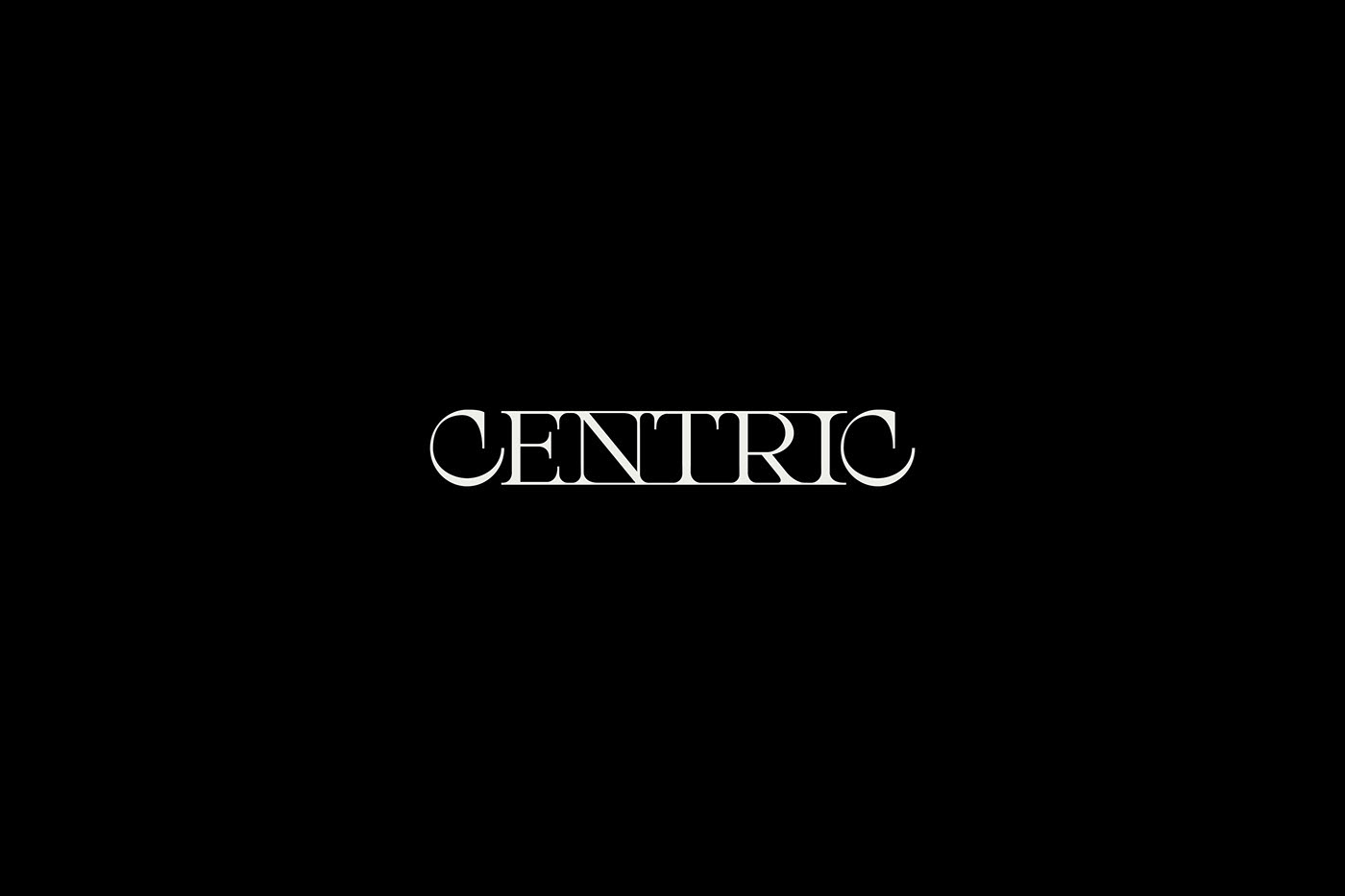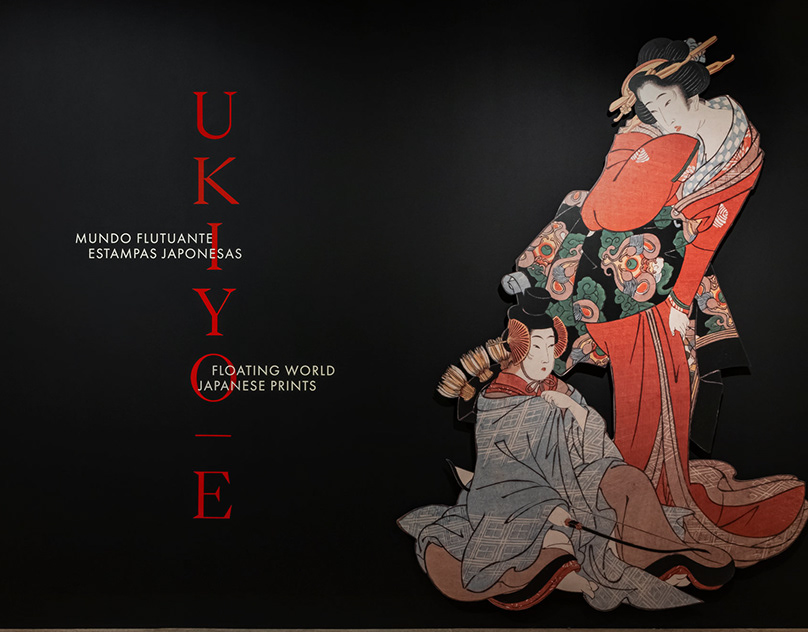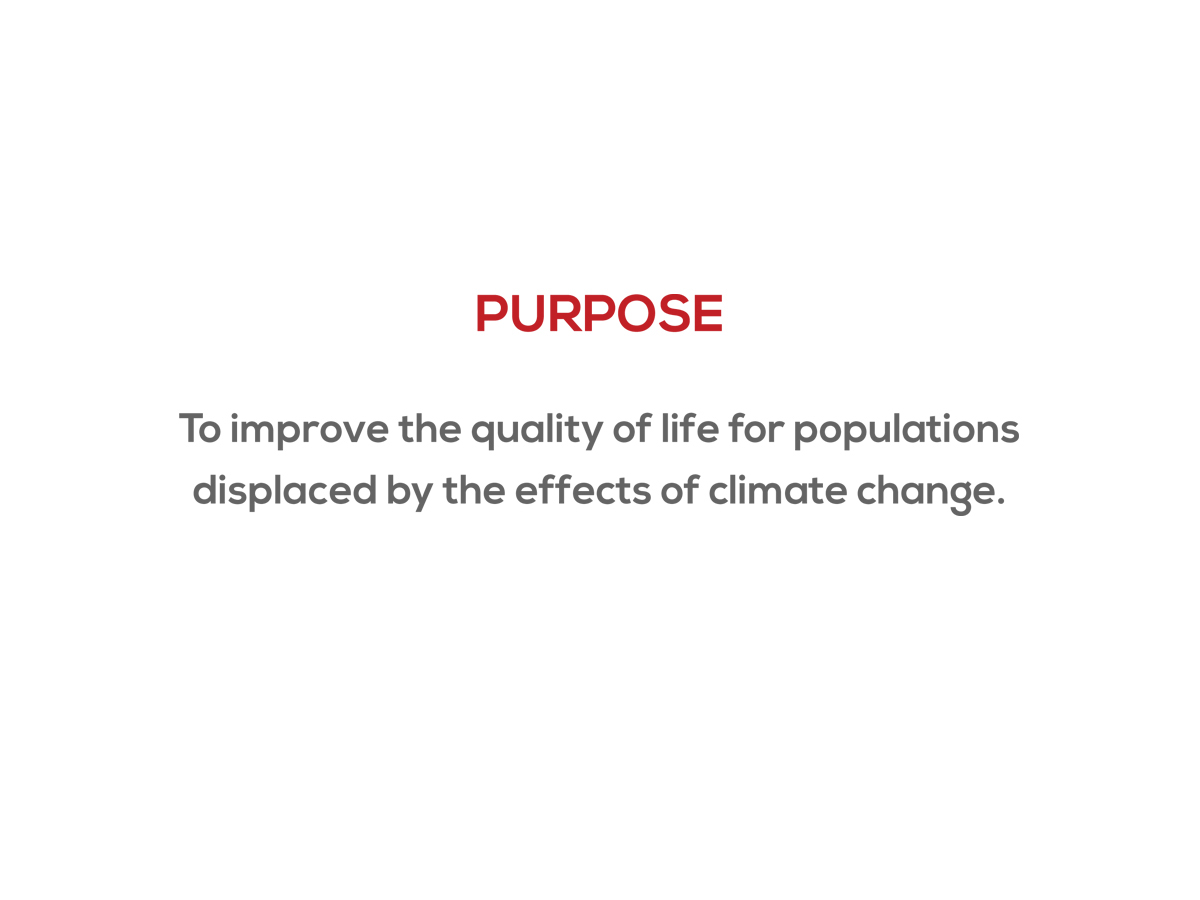
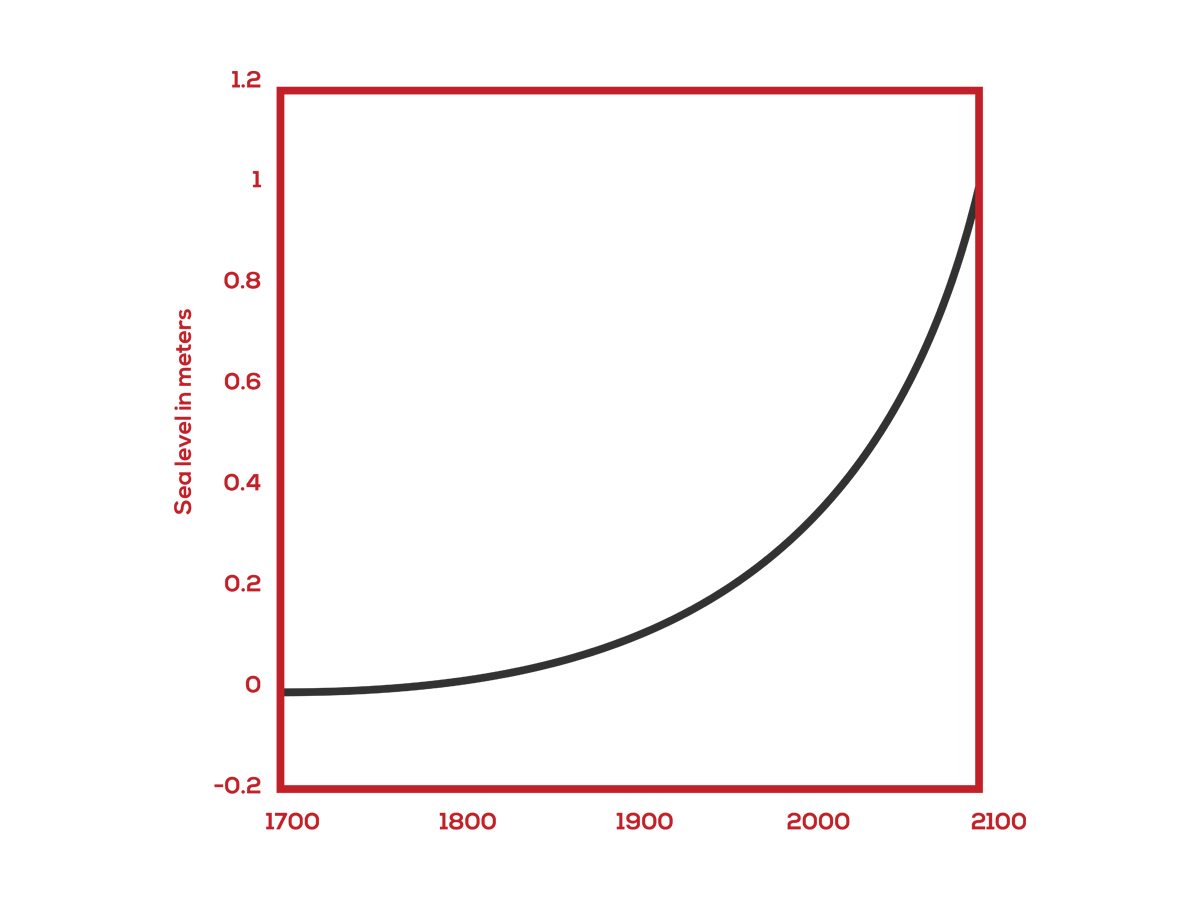
As carbon levels in the atmosphere continue to rise over the next century, water levels will rise with them, inundating low lying areas and displacing hundreds of millions of people.
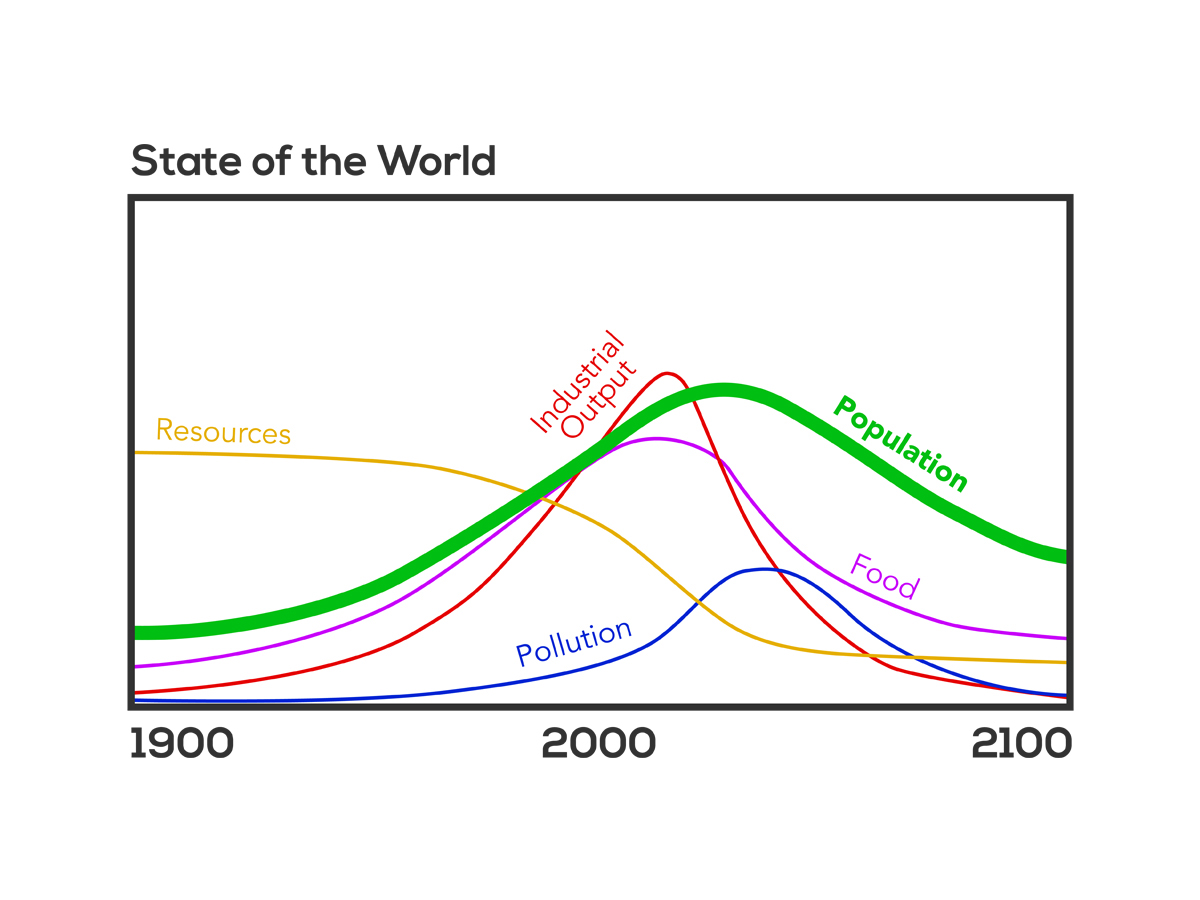
Negative feedback loops precipitated by climate change will add to the displacement of the populations of entire countries.
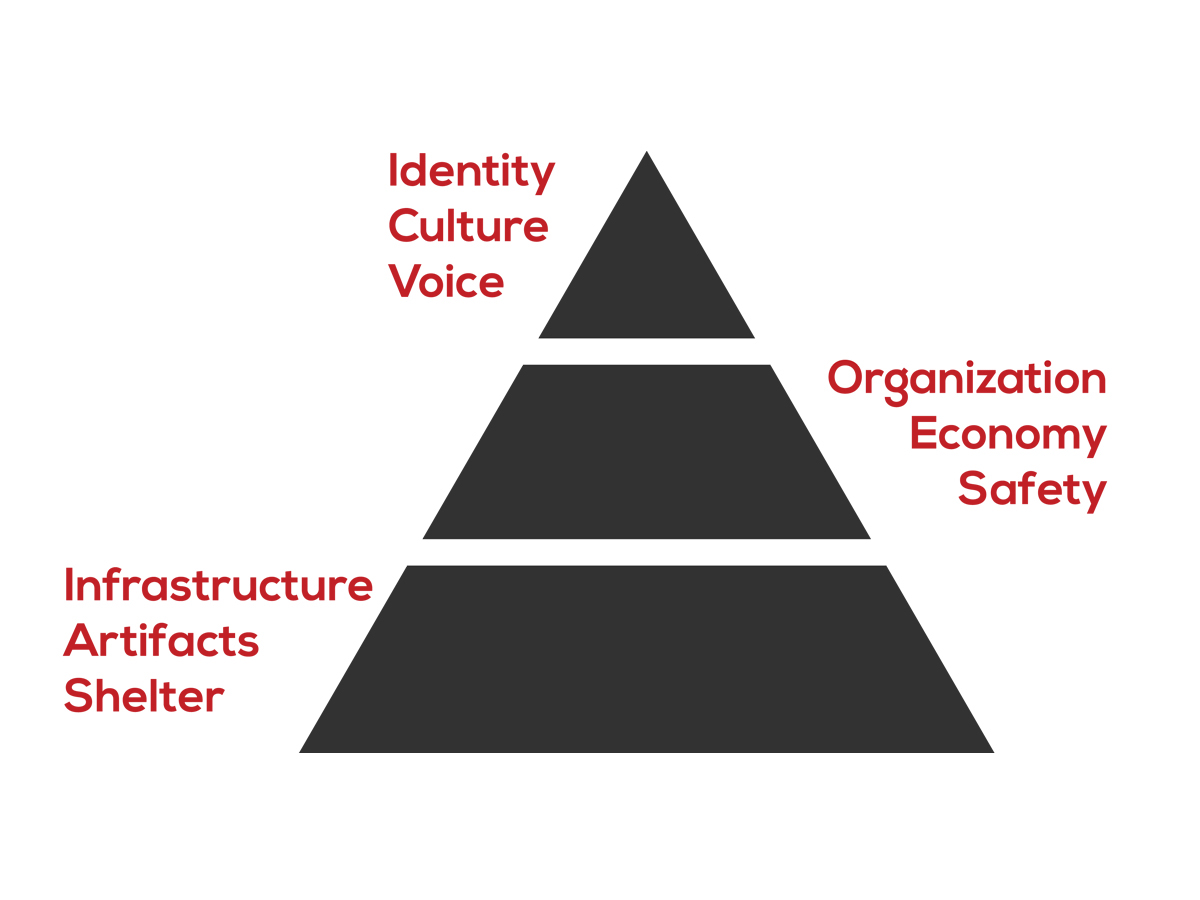
Developing strategies to accommodate displaced populations must meet their needs on several layers, from the superficial to the substantial.

Displaced populations face unique challenges, often being unwelcome in their new environment, but still needing to meet the basic needs of their communities.
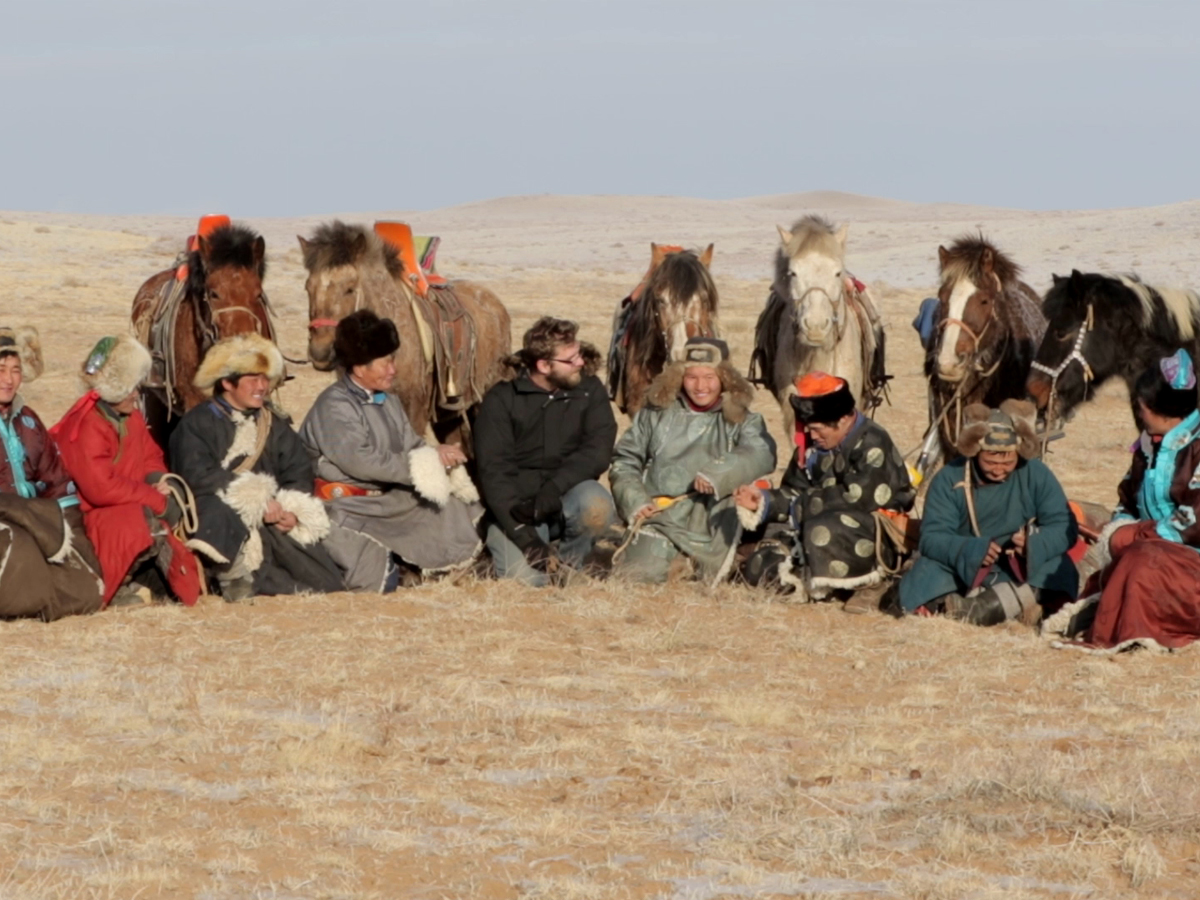
In order to find inspiration for design strategies that address the needs of displaced populations, I traveled to the Gobi Desert to study the strategies of local nomads and learn how they face the challenges of living on the move.
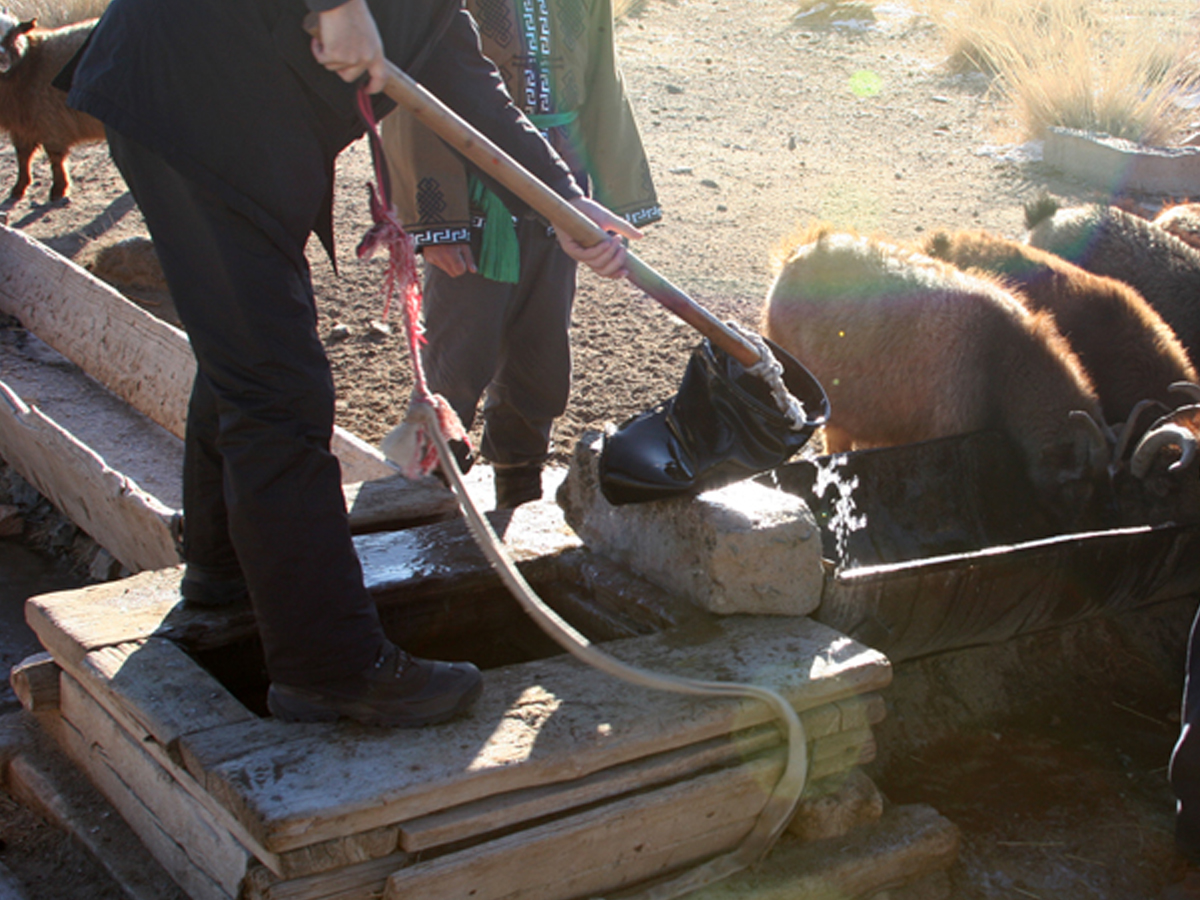
By observing the daily habits of those who make the desert their home, I was able to understand how communities adapt to their local environment and how it shapes their relationships.
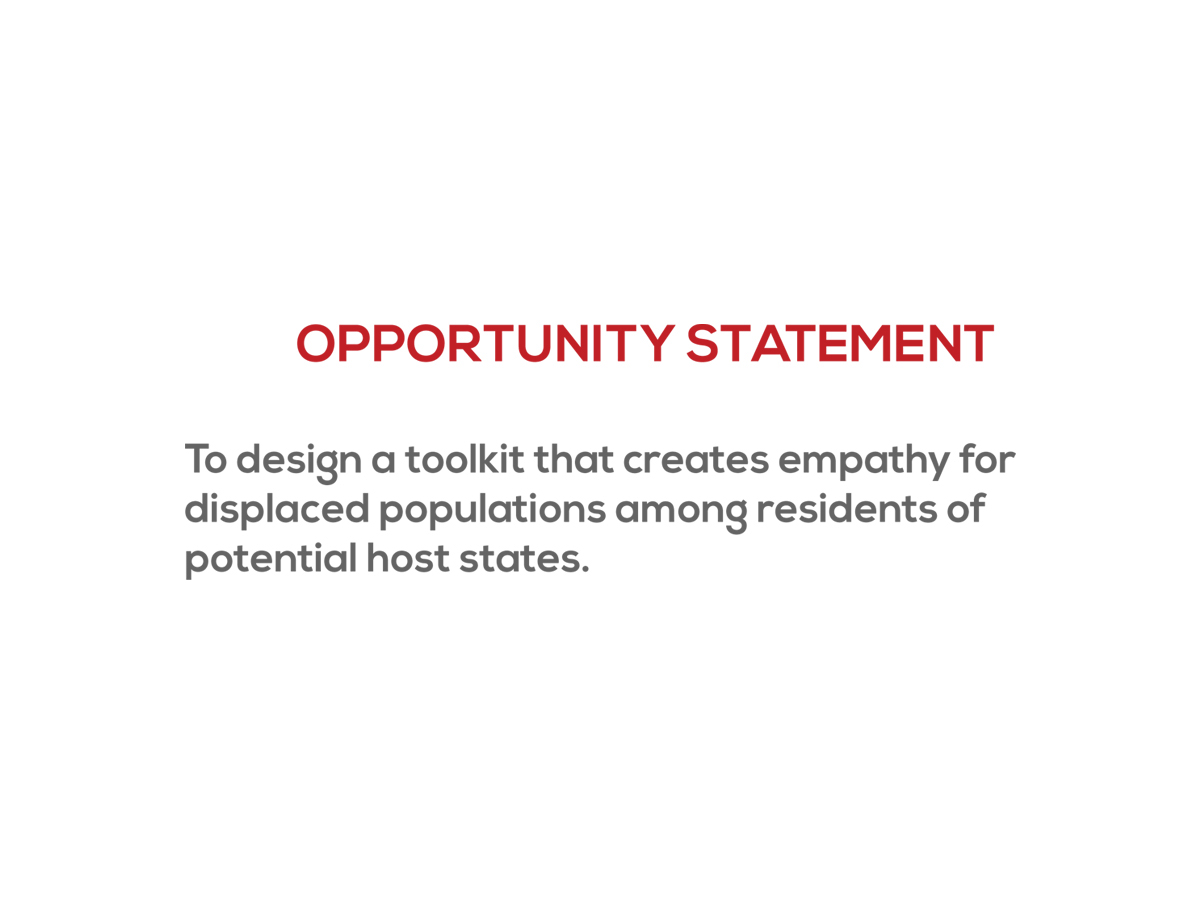
In order to improve the quality of life of displaced populations, building empathy for them among potential host states is key. To this end, I set out to design an empathy toolkit that can be used in classrooms as part of social studies curricula.

By adapting the concepts that make board games work to this framework of needs, I was able to prototype an empathy toolkit designed for grade school and high school students.
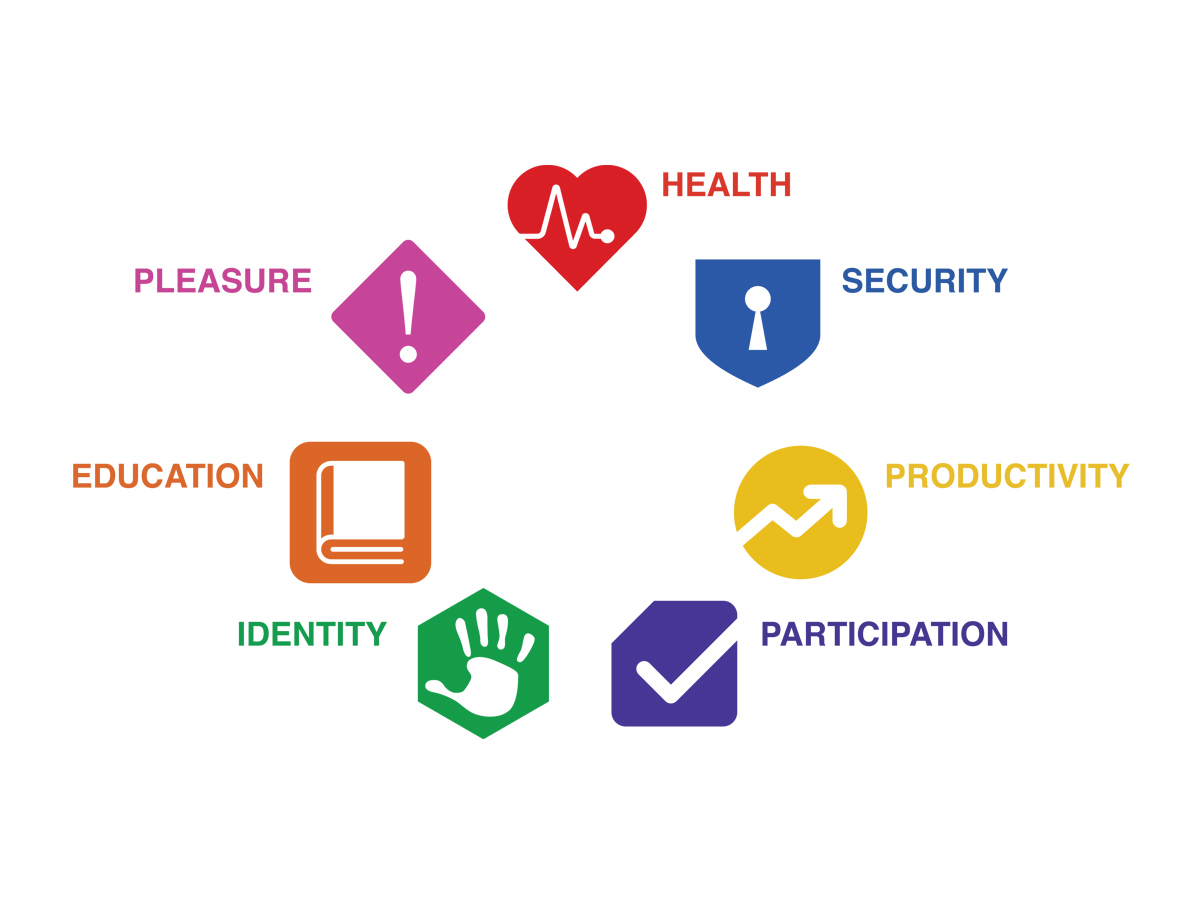
Successful communities satisfy the needs of their members. For the purposes of my framework, I adapted Manfred Max-Neef's "Human Scale Development" framework to insights gathered from my own primary and secondary research.

Participants can keep track of how well each need is met on an individual scorecard.
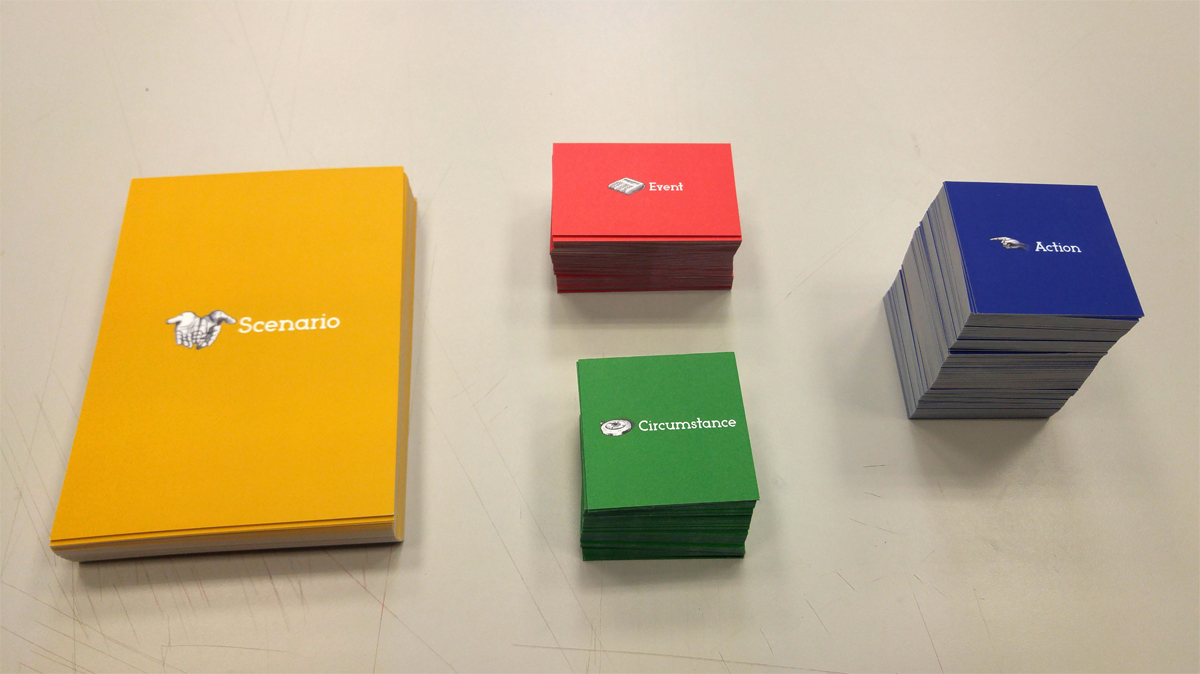
There are four types of cards included in the empathy toolkit: SCENARIO cards, CIRCUMSTANCE cards, EVENT cards, and ACTION cards.

SCENARIO cards give participants context for their decisions.

Participants are tasked with meeting the needs of their population in new and unfamiliar environments.The CIRCUMSTANCE cards represent the space available for their community to inhabit.

Participants can use ACTION cards to build improvements to their camp to meet the needs of their population.

Some ACTION cards represent policy decisions participants can make.
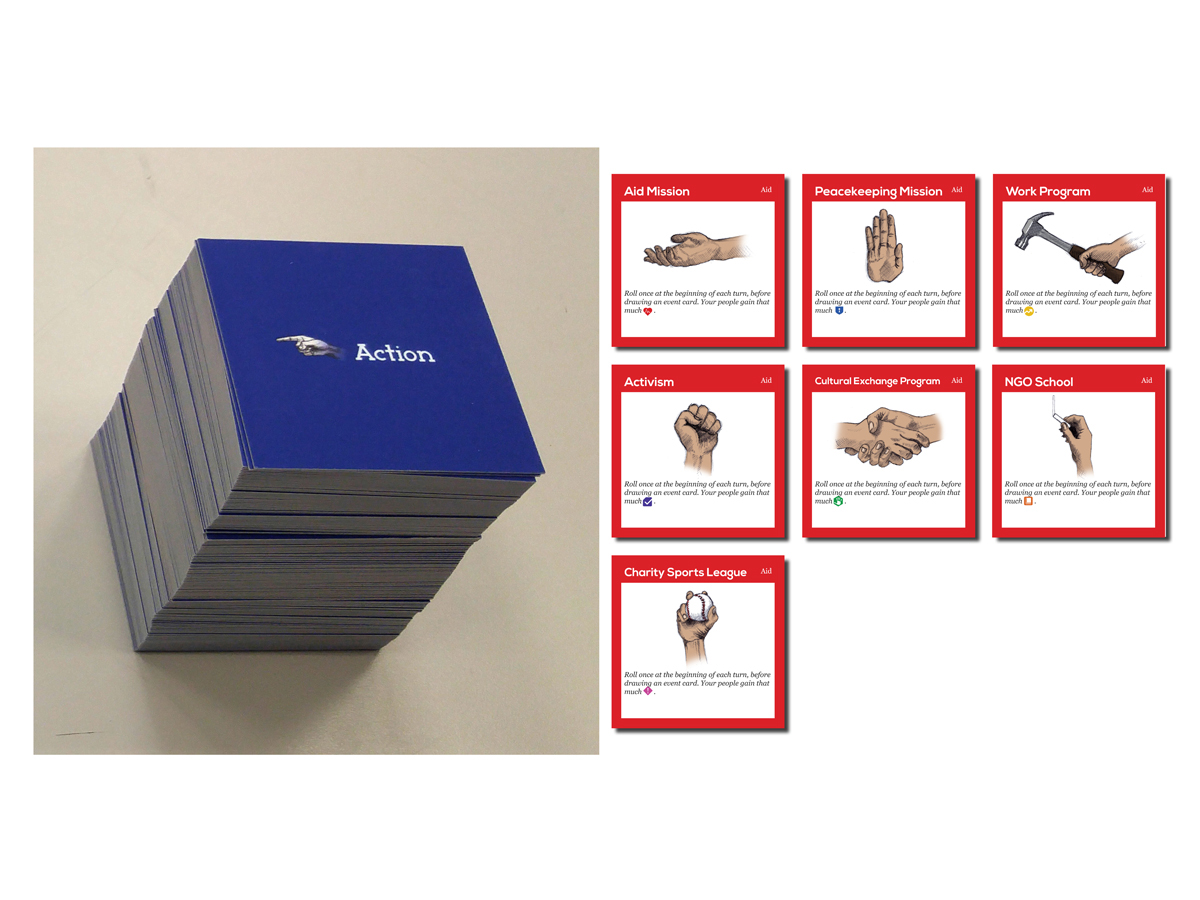
Some ACTION cards represent aid from outside entities.
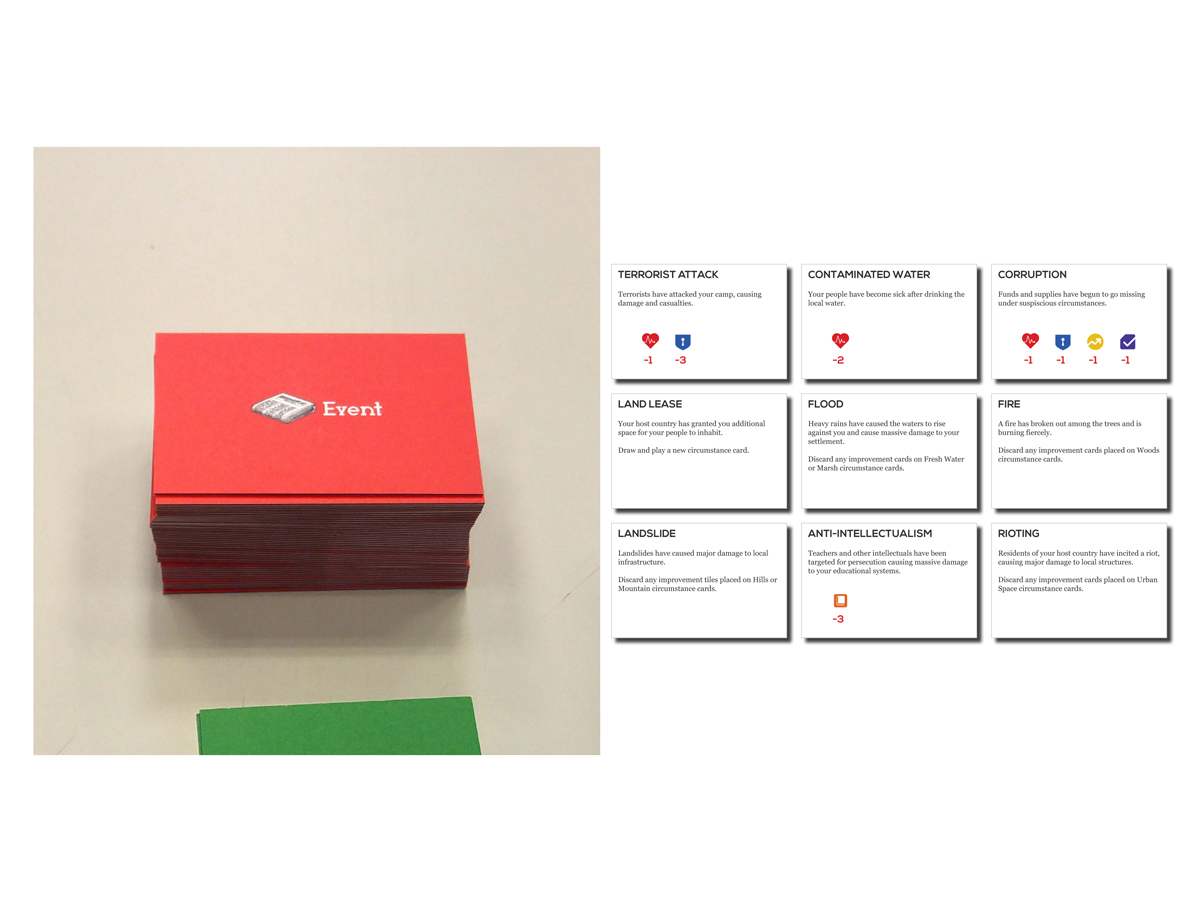
EVENT cards give participants new challenges to respond to.

The goal of this empathy toolkit, called THIS PLACE, is to face students in potential host countries with some of the challenges and decisions faced by displaced populations with the hope of building a sense of empathy for potential future friends and neighbors.

